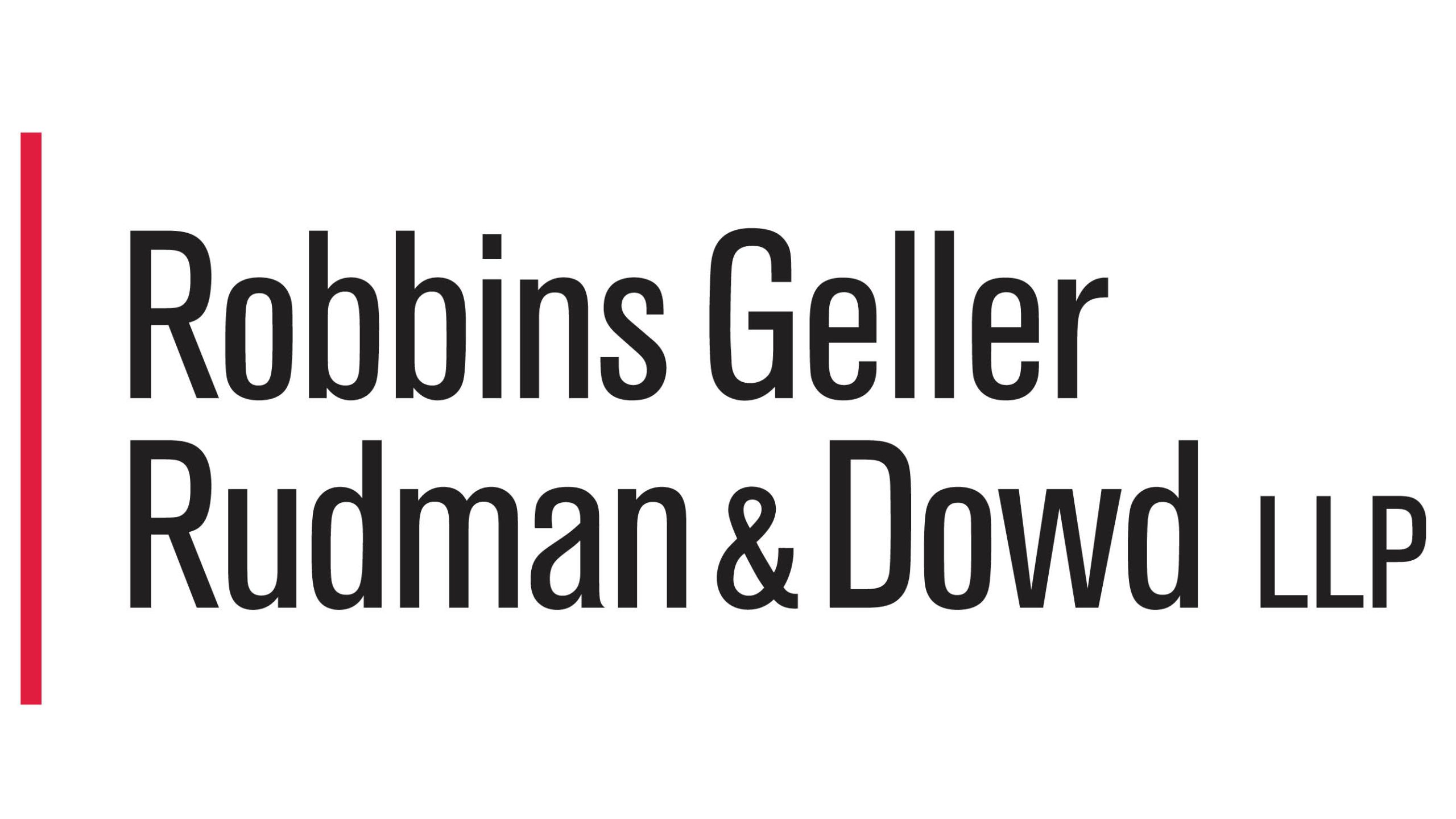Investors who purchased or acquired common stock in The Chemours Company have until May 20, 2024, to seek appointment as lead plaintiff in a class action lawsuit against the company. The lawsuit, known as Taylor v. The Chemours Company, alleges violations of the Securities Exchange Act of 1934 by Chemours and certain current and former executive officers.
According to the allegations, the executives manipulated Free Cash Flow targets to maximize cash and stock incentive compensation. It is also claimed that Chemours’ accounting practices and procedures, including its internal control over financial reporting, were deficient.
The lawsuit gained traction after a series of events occurred. On February 13, 2024, Chemours announced a delay in the release of its financial results and conference call, citing the need for additional time to complete its year-end reporting process and evaluate its internal control over financial reporting. As a result, the price of Chemours stock fell by more than 12%.
Further developments took place on February 29, 2024, when Chemours announced the delay in filing its annual report for 2023. Additionally, the company placed its President and Chief Executive Officer, Chief Financial Officer, and Vice President of Controller and Principal Accounting Officer on administrative leave. An internal review overseen by the Audit Committee was initiated following allegations of improper practices relating to vendor payments and receivables. This news caused the price of Chemours stock to drop more than 31%.
On March 6, 2024, the Audit Committee confirmed that senior management engaged in efforts to delay vendor payments and accelerate receivables to meet free cash flow targets and determine executive compensation. These actions contributed to the decline in the price of Chemours stock.
Investors who purchased or acquired Chemours common stock during the Class Period are encouraged to come forward and participate in the lead plaintiff selection process. The lead plaintiff will represent all members of the class, and their choice of a law firm will litigate the case. It is important to note that an investor’s ability to share in any potential recovery is not dependent on being the lead plaintiff.
Robbins Geller Rudman & Dowd LLP, a renowned complex class action firm specializing in securities fraud cases, is leading the lawsuit. With a track record of recovering billions of dollars for investors, Robbins Geller is committed to pursuing justice for those affected by the alleged misconduct of The Chemours Company.
Please note that past results do not guarantee future outcomes, and this article should not be deemed as legal advice. For more information, contact Robbins Geller Rudman & Dowd LLP at 800-449-4900 or [email protected].
In addition to the information provided in the article, there are several current market trends, forecasts, and key challenges associated with the potential class action lawsuit against The Chemours Company.
1. Market Trends:
– Environmental Regulations: One of the main challenges faced by chemical companies like Chemours is complying with stringent environmental regulations. The alleged improper practices relating to vendor payments and receivables could have implications on the company’s compliance with environmental standards.
– Investor Scrutiny: Investors are increasingly concerned about corporate governance practices and transparency, especially regarding financial reporting. The allegations against Chemours could lead to increased scrutiny from investors and regulatory bodies.
2. Forecasts:
– Financial Impact: The class action lawsuit against Chemours could have a significant financial impact on the company, including potential settlement costs and reputational damage. The outcome of the lawsuit will determine the extent of the financial implications for Chemours.
– Legal Precedence: Depending on the outcome of the lawsuit, it could set a legal precedence for future cases involving similar allegations of securities fraud and accounting deficiencies in other companies within the industry.
3. Key Challenges or Controversies:
– Executive Accountability: One of the key challenges in this case is determining the level of executive accountability for the alleged misconduct. If the executives are found guilty of manipulating financial reporting and engaging in improper practices, it could have far-reaching implications for their careers and personal reputations.
Advantages and disadvantages of the potential class action lawsuit against The Chemours Company:
Advantages:
– Accountability: The lawsuit provides an opportunity for investors to hold Chemours accountable for the alleged violations and potentially recover damages.
– Transparency: The legal process allows for a thorough investigation of the allegations, which can bring to light any wrongdoing and help ensure transparency in the company’s operations.
– Precedence: The outcome of this lawsuit could set a precedent for future cases involving similar allegations, leading to improved corporate governance practices in the industry.
Disadvantages:
– Uncertainty: The outcome of the lawsuit is uncertain, and there is no guarantee of a favorable outcome for the plaintiffs.
– Lengthy Litigation: Class action lawsuits can be lengthy and time-consuming, involving multiple stages of litigation. It may take several years before a final resolution is reached.
– Reputational Damage: Regardless of the lawsuit’s final outcome, the allegations alone can result in reputational damage for Chemours, potentially impacting its relationships with investors, customers, and other stakeholders.
For more information or to get involved in the lead plaintiff selection process, interested parties can contact Robbins Geller Rudman & Dowd LLP at 800-449-4900 or via email at [email protected].
Additional related links:
– <a href="https://www.sec.gov/" SEC (U.S. Securities and Exchange Commission)
– <a href="https://www.chemours.com/" The Chemours Company Official Website

